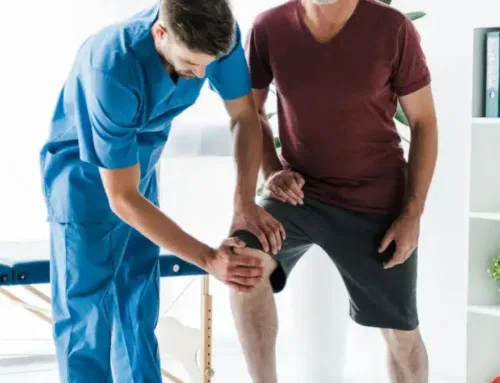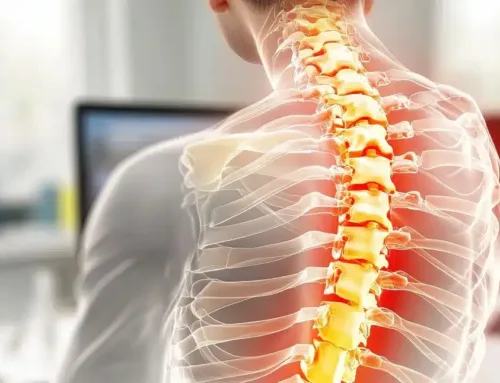Purpose: This study aimed to identify the impact of physiotherapy using complex manual therapy as a part of an integrated treatment for sequelae in the musculoskeletal system of torture survivors.
Subjects: This study reviewed 30 male torture survivors presenting with chronic low back pain. They were randomly selected and divided into two groups: an experimental group and a control group.
Methods: For the experimental group, complex manual therapy was performed twice a week for 8 weeks to improve the physical sequelae of patients.
Improvement was measured using the PDS-K for Post-traumatic Stress Disorder (PTSD), the Visual Analog Scale (VAS) for pain examination, the
Korean Oswestry Disability Index (KODI) for back function assessment, and the Balance System SD as a dynamic balance test. The total period of the intervention for both groups was 8 weeks.
Results: For the experimental group, PDS-K, VAS, KODI, and the dynamic balance test all showed significant improvements after the intervention, which they did not for the control group.
In the comparison of the groups, PDS-K, VAS, KODI, and the dynamic balance test all showed significant differences.
Conclusion: Complex manual therapy for torture survivors with chronic low back pain contributes to functional recovery by reducing back pain. The treatment can be considered to have positive effects on sequelae in the musculoskeletal system of torture survivors as they age.
Key words: Chronic low back pain, Complex manual therapy, Torture survivor





